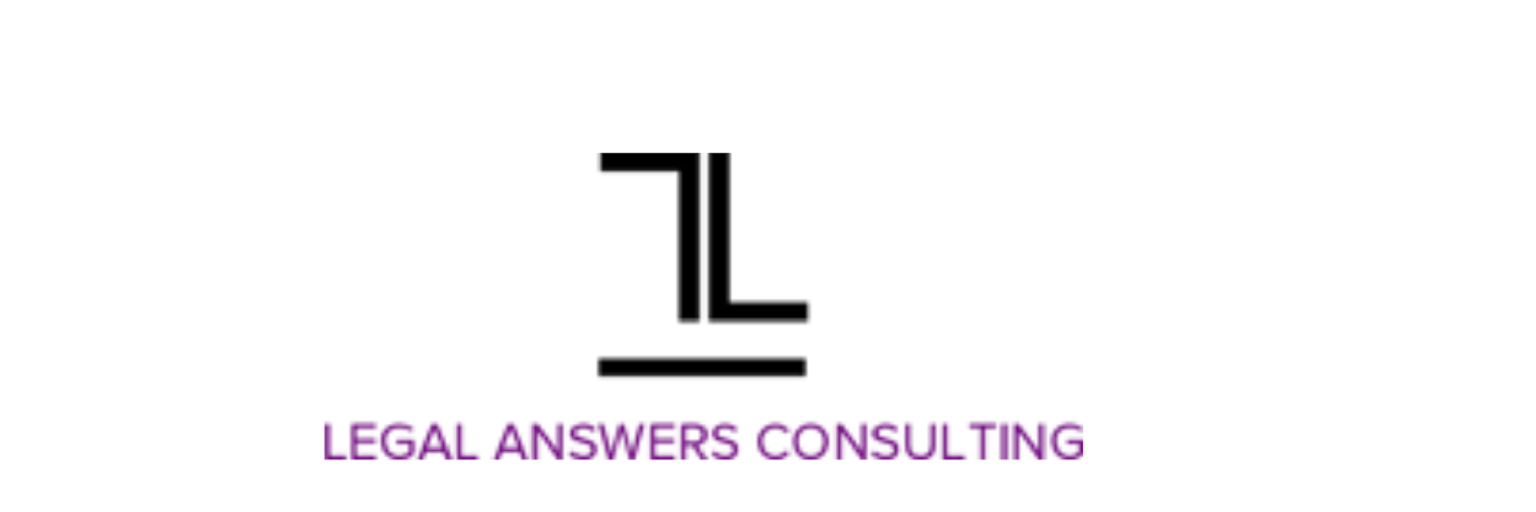You believe in providing solutions and changing the world, one student at a time. Worry not-You are in good company. At Legal Answers Consulting, the Answers Blog is not only keen on sharing useful information, but on impact as well. This week we look at some of the legal considerations you should think about as you work on your idea to start that day-care centre or even a school. The Constitution of Kenya recognizes the economic and social rights of a person, which rights include the right to education. The Education Act regulates matters involving education while local governments are legally mandated to levy taxes and raise revenue. Please note that the various licences required for operation by educational institutions are payable to the respective local governments within whose geographical locus the educational institutions lie. Such requirements, however, are largely similar across the counties.
- Registration under the Education Act.
Under section 14 of this Act, any person who wishes to establish a school must first make an application to the Cabinet Secretary, for the school to be registered. Such an application shall state the classification of the proposed school (whether aided or unaided by public funds) according to the prescribed nomenclature and the classes or forms to be provided in the school.
- Licence to operate a private education institute in your county.
For a private school to be established in Kenya, registration must be obtained as outlined under section 15 of the Act. The initial registration issued is provisional and subject to certain conditions being satisfied by the applicant. These include the proposed establishment being consistent with the needs of Kenya and the economical and efficient provision of public education, the premises and accommodation must be suitable and adequate having regard to the number, ages and sex of the pupils to attend the school and must also satisfy the prescribed minimum requirements of health and safety and conform with any building regulations for the time being in force under any law. Please note that the Public Health Board is mandated to carry out periodic and random inspections of any institutions that provide or sell food to members of the public. Also, the manager must be a suitable and proper person to be the manager of the school. We highly suggest that you liaise with the Licensing Department of your county or your compliance lawyer to outline for you all the applicable licenses and the respective amounts due under each category in your particular circumstances.
- Branding permits and licences for each level of school
Usually, every institution that brands its buses is expected to get a licence from the County Government. The charges include application fees and advertising fees and vary depending on the capacity of the bus or the number of passengers the bus can ferry. Please note that these charges are revisable at the discretion of the Local Government. Additionally, every educational institution is expected to take out licences for operating each level of learning within its establishment. These levels include pre-unit schools, nursery schools, primary schools and high schools.
In summary, these licences include appropriate (depending on whether or not the institution is public) registration under the Education Act, licences relating to food, health and accommodation facilities, licences regarding advertising and branding of the school (whether on bill boards, sign posts or school buses) and licences to operate the different levels of learning within the educational establishment.
Please do not hesitate to reach out by e-mail to legal@legalconsulting.pro or to your usual contact at Legal Answers Consulting for any further questions you may have on Legal Compliance issues.
